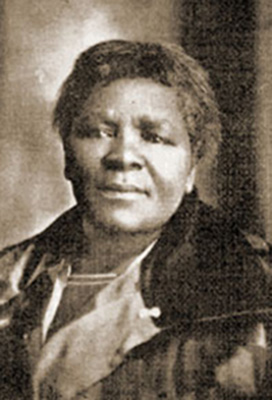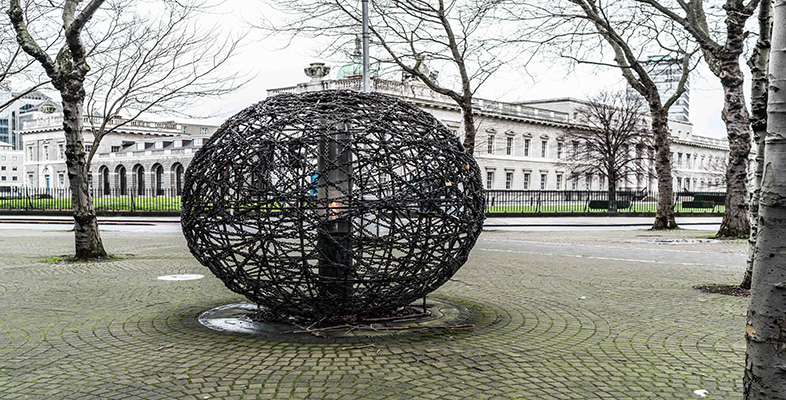| Charlotte Maxeke | 1874 - 1939 | South Africa | Activist |
 A portrait of Charlotte Maxeke
South Africa was a racially divided country for most of the twentieth century. For many years, black, mixed race and Indian South Africans were required to carry identity passes which restricted their movement and thus their freedom to seek employment. These had to be produced on demand by police officers or local officials. Although men had long been required to carry passes, in the early years of the century the Orange Free State was the first province to issue them for women to establish tighter controls over domestic service employment. In 1913, a mass meeting of women in Bloemfontein decided refuse to carry their passes any longer, tearing and burning them. One of the organisers was Charlotte Maxeke.
A portrait of Charlotte Maxeke
South Africa was a racially divided country for most of the twentieth century. For many years, black, mixed race and Indian South Africans were required to carry identity passes which restricted their movement and thus their freedom to seek employment. These had to be produced on demand by police officers or local officials. Although men had long been required to carry passes, in the early years of the century the Orange Free State was the first province to issue them for women to establish tighter controls over domestic service employment. In 1913, a mass meeting of women in Bloemfontein decided refuse to carry their passes any longer, tearing and burning them. One of the organisers was Charlotte Maxeke.
Charlotte Makgomo Manye was born in 1874 and received a missionary education. She was taken on a tour of the United States with her church choir and remained in the USA to study at Wilberforce University in Cleveland, Ohio. She graduated with a B.Sc degree having met her husband. When they both returned to South Africa in 1901, Maxeke did so as South Africa's first Black woman graduate.
Maxeke worked as a teacher and, together with her husband, established a school until she became involved in politics. She became one of the first black South Africans to fight for freedom from exploitation, and for improved social conditions for African women. In 1918 she started the first formal women’s organization (the Bantu Women's League) created to resist the pass laws.
Maxeke was also involved in multiracial movements and was elected president of the Women’s Missionary Society. In 1928, after attending a conference in the USA she set up an employment agency for Africans in Johannesburg and was the first black woman to become a parole officer for juvenile delinquents.
She died in Johannesburg in 1939.
 This article is part of the world-changing women collection. All the articles in this collection are specially produced for the How women changed the world interactive tour created to reveal the untold stories the history books left out.
This article is part of the world-changing women collection. All the articles in this collection are specially produced for the How women changed the world interactive tour created to reveal the untold stories the history books left out.
You can also view these articles without the interactive feature here.

Rate and Review
Rate this article
Review this article
Log into OpenLearn to leave reviews and join in the conversation.
Article reviews
It was by leaving South Africa and going on a world tour with her church choir that she got the opportunity to study in America and see how things are done in other areas of the world. She appears to have dedicated her life to becoming active in the service of others less fortunate than herself.
Charlotte Maxeke is another shining example of an inspirational woman showing that, for a fulfilled life, our principal driver needs to be service, not money.